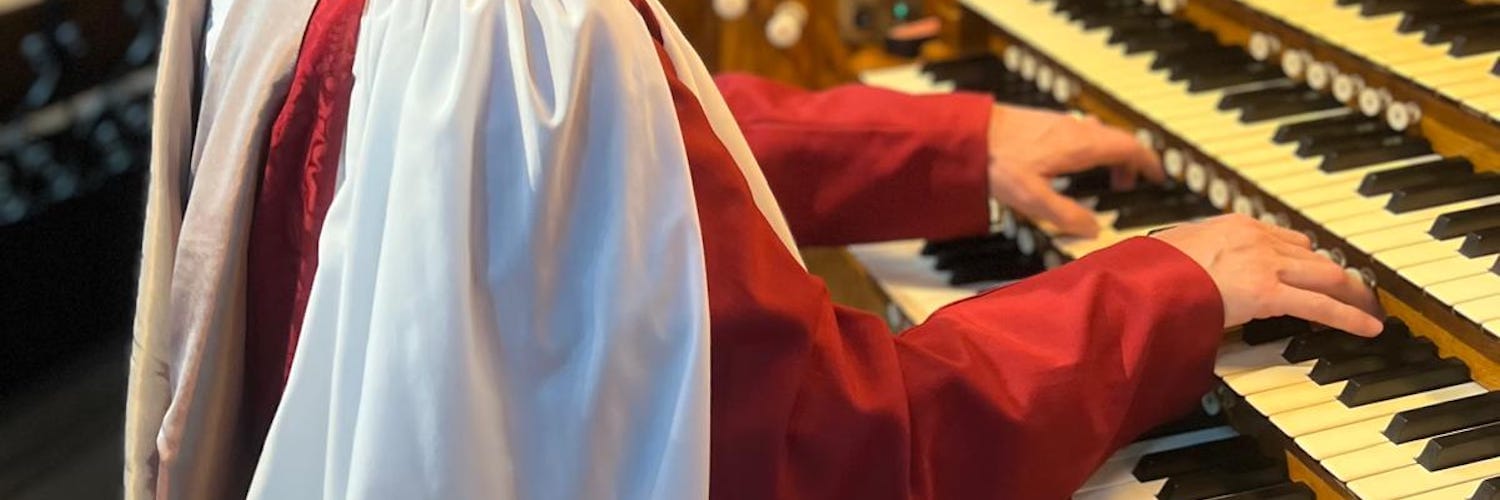
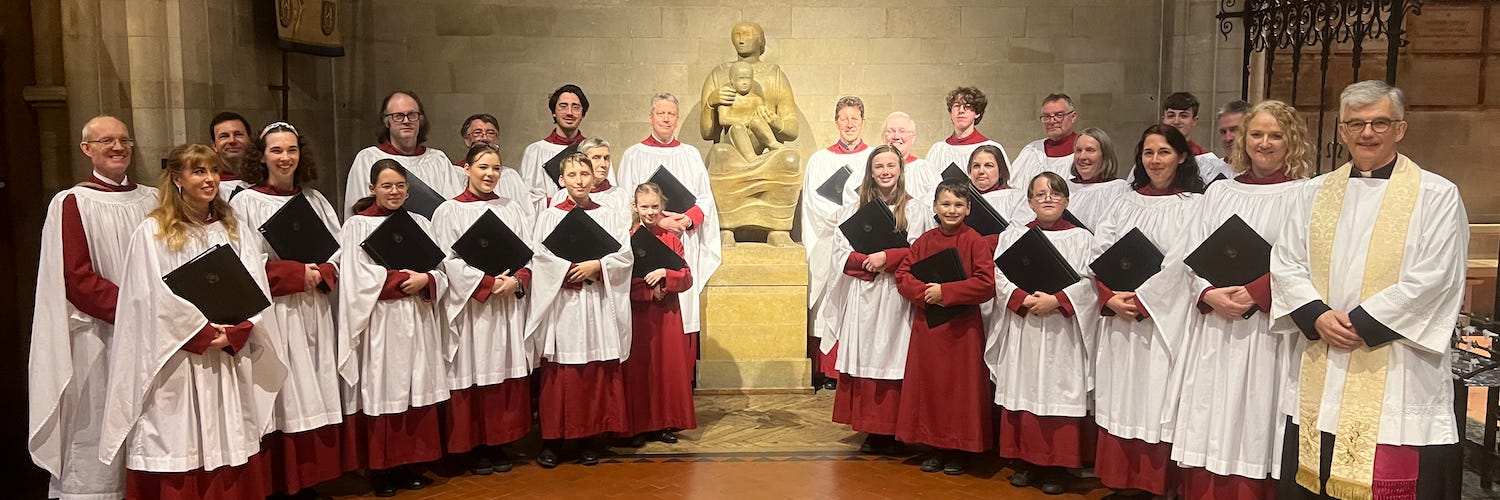
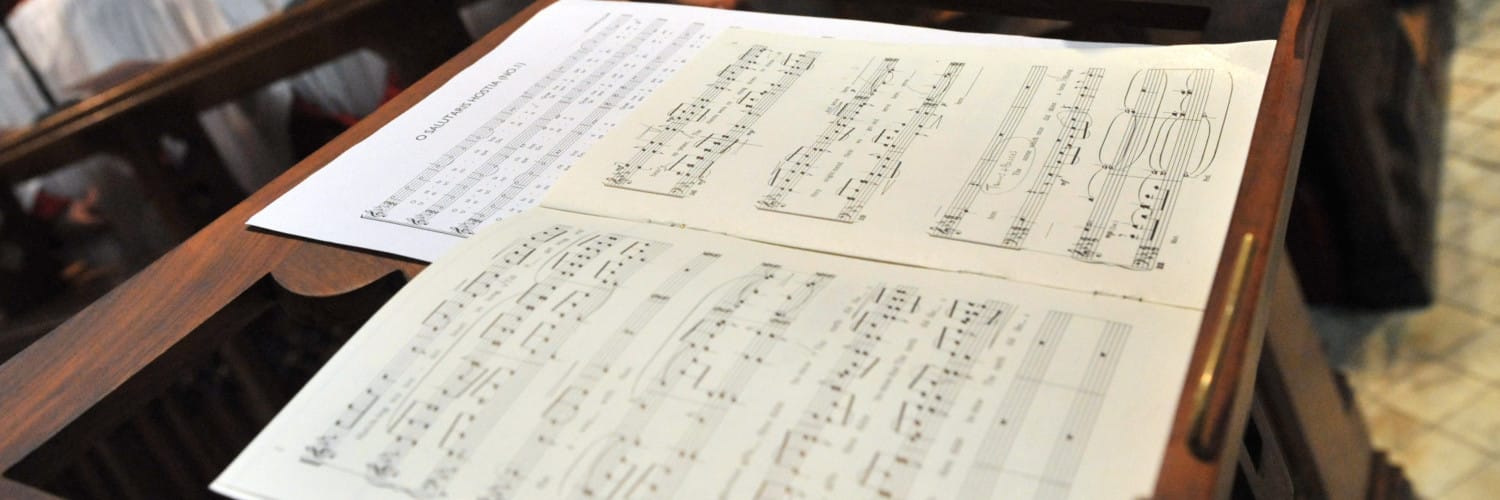
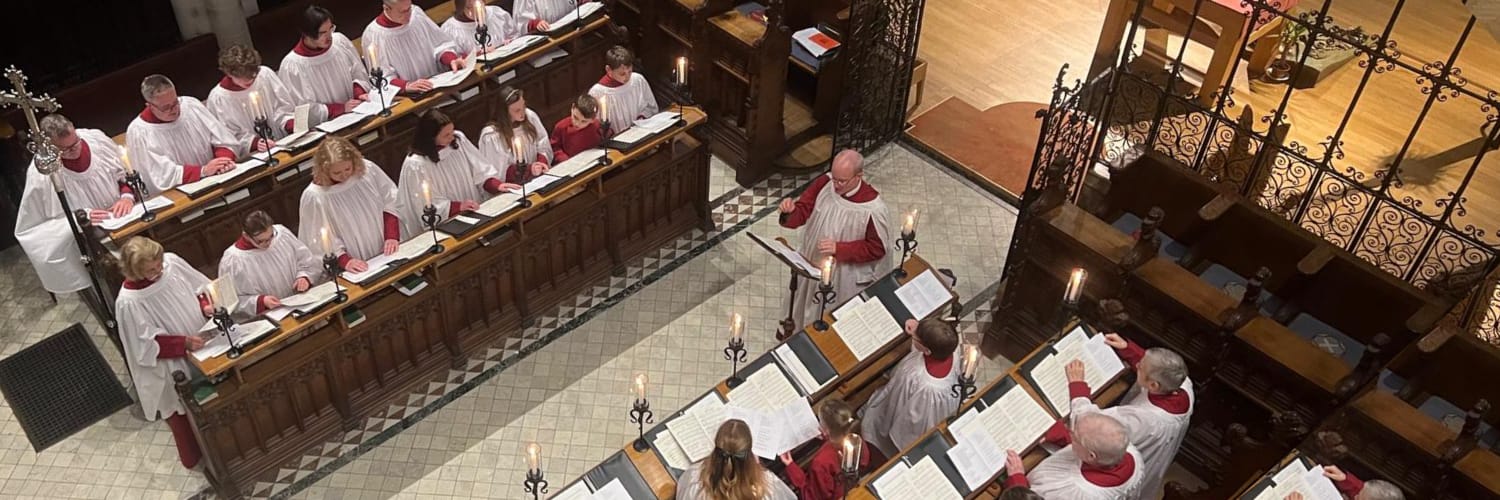
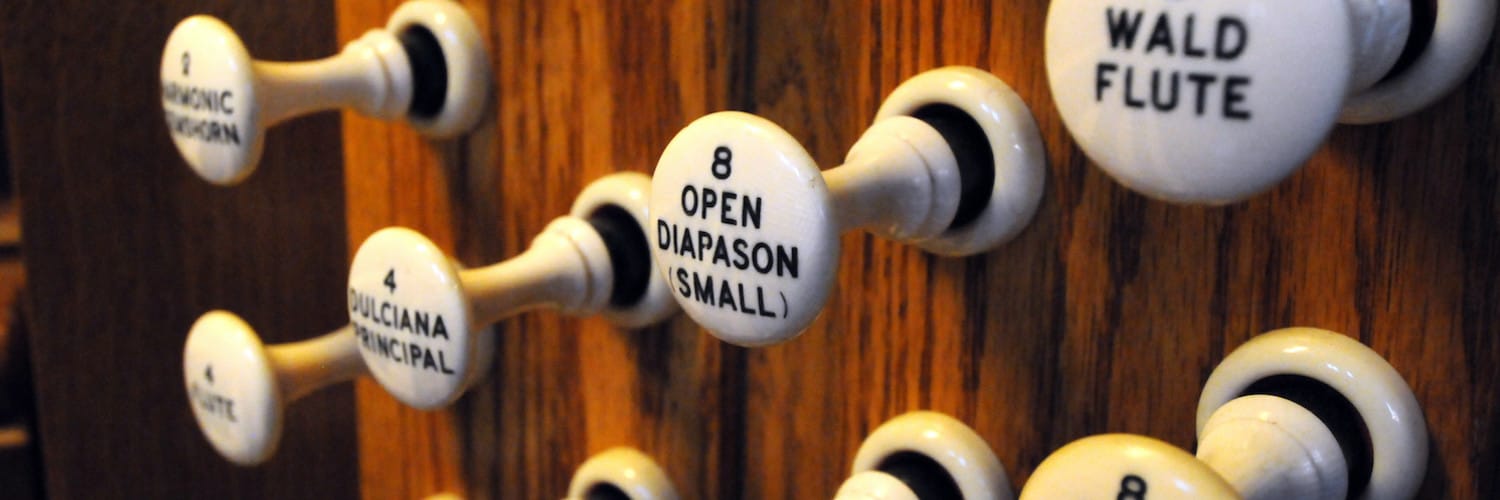
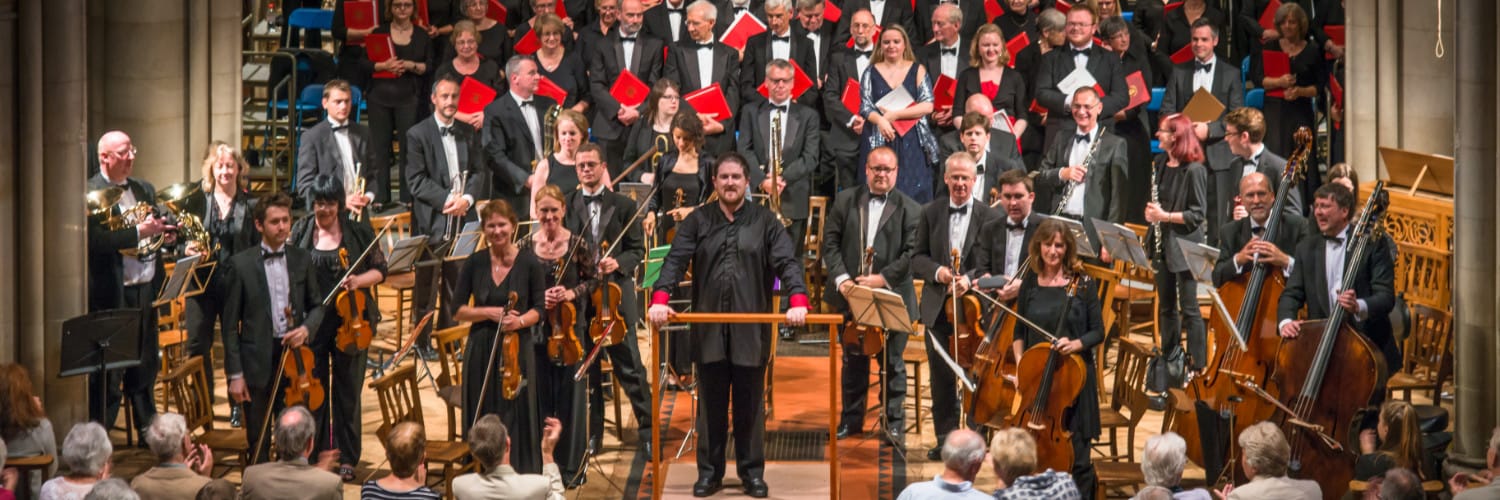
Music - Commissions
The Musical commissions of St Matthew's Church
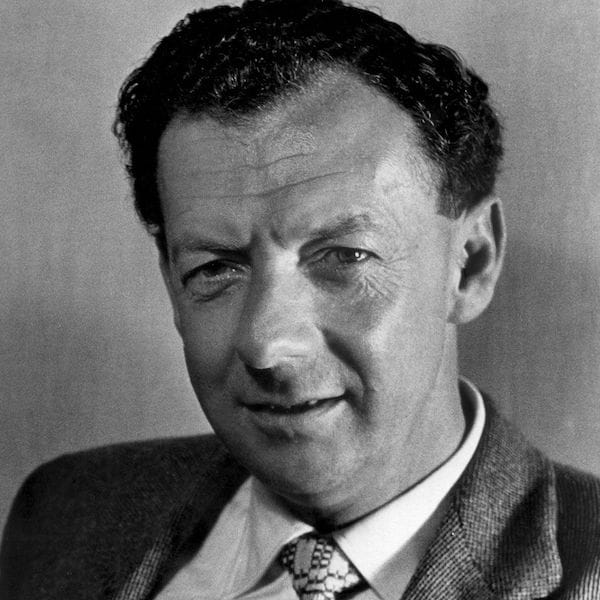
Since 1943, St Matthew's church has commissioned many important new works, mostly choral, from now-famous composers.
Without commissions, both musical and artistic, St Matthew's would have remained an anonymous parish church in the provincial
town of Northampton. Many of the commissioned musical works have gone on to become world famous and it is these that saw
St Matthew rise from obscurity to become internationally renowned for music and the arts.
During the years 1943-68 St Matthew's church commissioned some eighteen new works from up and coming composers including,
Benjamin Britten (twice), Michael Tippett, Edmund Rubbra, Lennox Berkeley, Gerald Finzi, Malcolm Arnold, George Dyson,
Elizabeth Poston, Kenneth Leighton, John McCabe and Richard Rodney Bennett, and over the next twenty-five years would
go on to commission many more.
Walter Hussey, following some persuasion, succeeded his Father as Vicar of St Matthew's in 1937. Hussey had long
considered the divide between the arts and the Church that had once stood as a bedrock for music and other artistic
commissions. St Matthew's had a flourishing choir which had a repertoire firmly rooted with Victorian composers such
as Stanford, Harwood and Smart. As 1943 approached, the fiftieth anniversary of St Matthew's, Hussey considered the
possibility of commissioning a piece of music to mark the occasion. Anxious to get a young composer, his first
approach was to William Walton who at that time had produced very little in the way of church music. It became clear
that Walton was not interested, and so Hussey turned his attentions to Benjamin Britten. Britten wrote to Hussey to
assess the size and capabilities of the choir, with Hussey replying that A Spotless Rose by Herbert Howells was
about as difficult as we could safely manage'. Britten visited Northampton to hear the choir and expressed himself
satisfied. He chose the words for the new work from an obscure poem by Christopher Smart. Originally entitled Jubilate
Agno it was written whilst the 18th century poet was in an insane asylum. Britten himself conducted the first
performance, the church's Director of Music, Phillip Pfaff , having been called up to the RAF in 1940. The performance
was a success, and Britten and Hussey developed a lifelong relationship on the back of a commission that cost Hussey
just £25. Rejoice in the Lamb is now considered one of the most influential and important choral works of the 20th
century. The work was performed many times during 1943-44, perhaps most notably at the unveiling of Henry Moore's
controversial sculpture Madonna and Child in February 1944.
Hussey decided to make commissioning new music an annual event and in for the 1944 Patronal Festival asked Edmund
Rubbra to compose a piece. His motet, The Revival was another success with Lennox Berkeley's Festival Anthem being
written for the church in 1945.
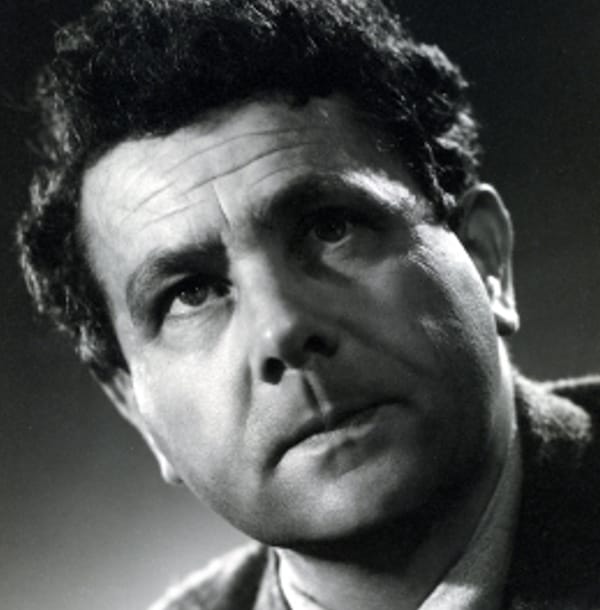
With the end of the war came a different tone in the commissions. The next commission of art work, Sutherland's
Crucifixion was accompanied by Gerald Finzi's beautiful anthem Lo! The Full final Sacrifice, yet another of the
St Matthew's to achieve international acclaim. Also in 1946 Benjamin Britten penned a solo organ piece for St Matthew's,
Prelude and Fugue on a Theme of Vittoria. The theme is from a motet by Victoria Ecce Sacerdos Magnus or 'Behold a Great Priest'.
Hussey continued to badger Britten over the years about further pieces, in particular a mass setting. Nothing ever
materialised, however, and so Hussey went back to the drawing board.
In 1948 Hussey commissioned an unknown composer, Christopher Headington followed by the then little-known Malcolm
Arnold in 1950. It was becoming Hussey's policy to employ young and relatively unknown composers with both Headington
and Arnold fitting this criteria. James Butt was just eighteen when offered the chance to compose for St Matthew's
and was so flattered by opportunity, and the £18 fee, that he commented that he would have paid money to Hussey!
This was the last piece of music commissioned at St Matthew's by Hussey who, in 1955, took up the position of
Dean at Chichester Cathedral. He had brought St Matthew's to prominence as a centre for church music and the arts
and it is no doubt that his legacy changed the direction of church music. So well-known had St Matthew's become that
Hussey quite regularly received manuscripts in the post from hopeful composers.
After Hussey's departure to become Dean of Chichester in 1955 the driving force behind the St Matthew's commissions
had gone. The importance of his legacy to the church must not be underestimated, however, and this can be seen in the
number of commissions which followed. Hussey had taken risks to employ largely unknown musicians to write for the church
but the tide changed and works by more established composers joined the list of St Matthew's commissions. Pieces were
added from Kenneth Leighton, John McCabe, Gordon Crosse Herbert Howells, William Mathias and Herbert Sumsion over the
next 30 years. Some of these commissions were quite experimental in the forces employed; Gordon Crosse's Covenant of the Rainbow
was scored for choir, organ and two pianos.
The two most successful periods of commissioning post-Hussey were under Michael Nicholas (Organist and Choirmaster 1965-71)
and Andrew Shenton (Director of Music 1985-91). In 1967 Michael Nicholas approached Richard Rodney Bennett to write
a work (he suggested a setting of the Magnificat and Nunc Dimittis) for the festival. He heard nothing, and was surprised
to receive Five Christmas Carols from Bennett which, although not fitting into the 'usual' pattern of commissions were
considered an unexpected gift. The carols were performed at the Patronal Festival recital and all five were sung during
the Carol Service at King's College, Cambridge the same year.
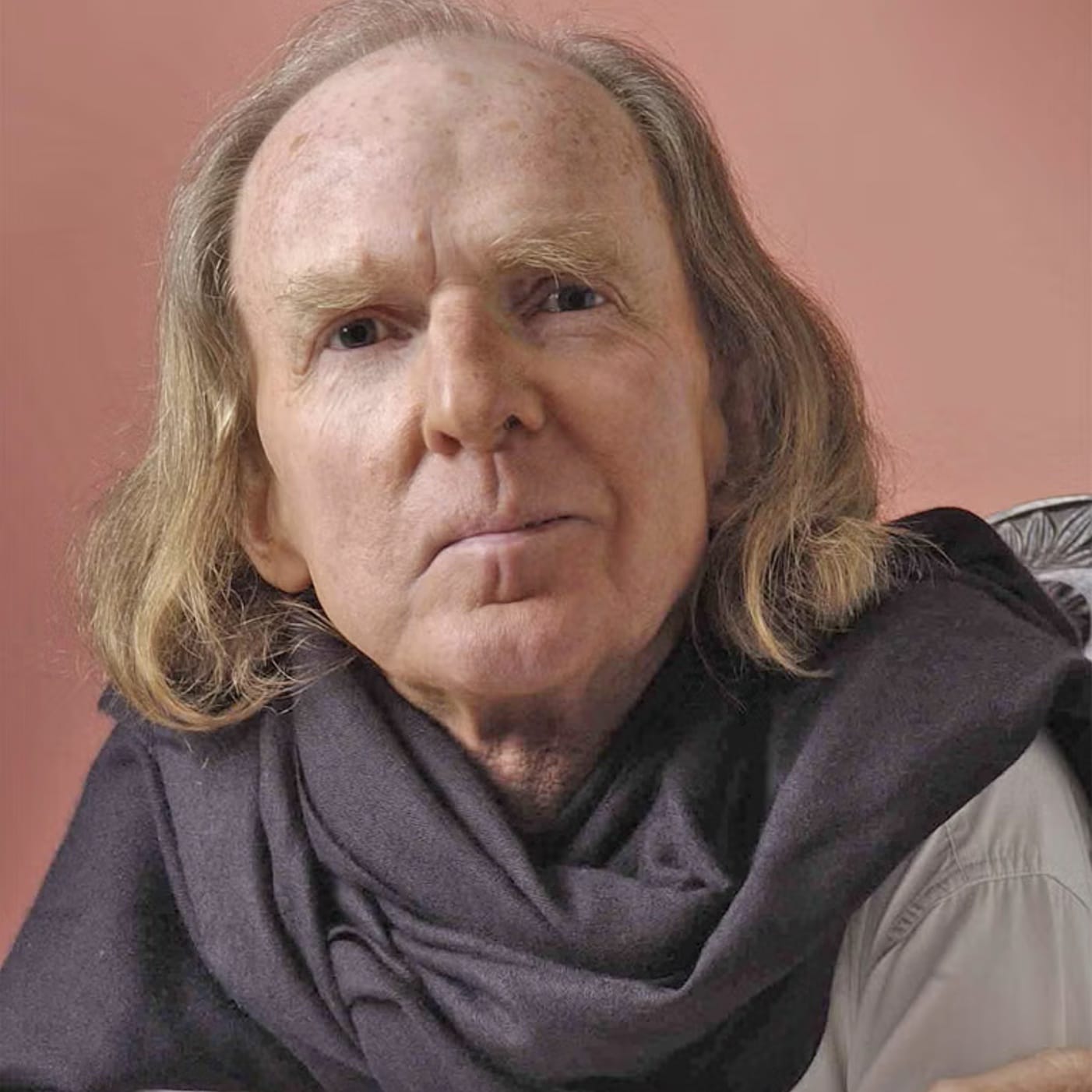
Andrew Shenton's first commission was from the elderly Herbert Sumsion who wrote The Spacious Firmament on High, suitable
for any festal occasion. In 1987 Geoffrey Burgon penned The Song of the Creatures - a setting of words attributed to St Francis
of Assisi which come from the perspective of a blind man who is unable to see the sun but is assured of its presence through
the splendour of God's creation. John Tavener's The Call, which was the 1988 commission, is scored in 14 parts and suits the
acoustic of the church fantastically well. The choir, under Shenton's direction, received rave reviews for the first performance
of the work. In the same year Simon Lole wrote Carol for Advent: Morning Star for the Advent Carol Service and it became a
firm favourite with the choir and congregation alike thanks to its lyrical nature.
In 1989 Shenton approached Alan Ridout to compose an organ work 'to demonstrate the versatility of the organ at St Matthew's'.
This was the first time since Britten's work in 1946 and the result was a Toccata in the French style; fast moving parts
for the hands and a tune in the pedals. This work was a gift by Shenton to the church in aid of the organ appeal. Alongside
this in 1989 Richard Shepherd wrote a work for the festival, The St Matthew's Mass which can be sung accompanied by organ
alone or with optional Brass and Timpani. In 1990 Shenton approached two composers with Northamptonshire links. Paul Edwards
has found success as a composer of small-scale works for choir and organ and was organist at various churches in Bedford and
the surrounding area. His commission was for Altos, Tenors and Basses and resulted in God that madest earth and heaven. Trevor
Hold, who was born in Northampton, wrote Verses from St Matthew, a short, unaccompanied work. These two works are amongst the
finest that St Matthew's received from little-known composers.
In 1993, and under the direction of Andrew King, who was appointed following the departure of Shenton in 1991, the commission
celebrated St Matthew's centenary. King engaged the services of Diana Burrell who wrote Heil'ger Geist in's Himmels Throne.
A large-scale work, it was scored for organ, percussion (vibraphone, tubular bells, bell plates, tam-tam, triangles and maracas)
and choir. The work opens with a lengthy section for organ and the percussion before the choral section which is based on the
works of a Lutheran Chorale. It represents one of the most ambitious works ever commissioned for St Matthew's.
Following the 1993 commission there were to be no more for a period of 15 years. For various reasons the musical fortunes of
St Matthew's took a significant down-turn until the early 2000s. Then, and under the watchful eye of the present incumbent,
the choir was re-founded and the organ restored. The first new commission was written for the Patronal Festival of 2008.
David Briggs' Toccata for St Matthew's Day was to celebrate the restoration of the organ.
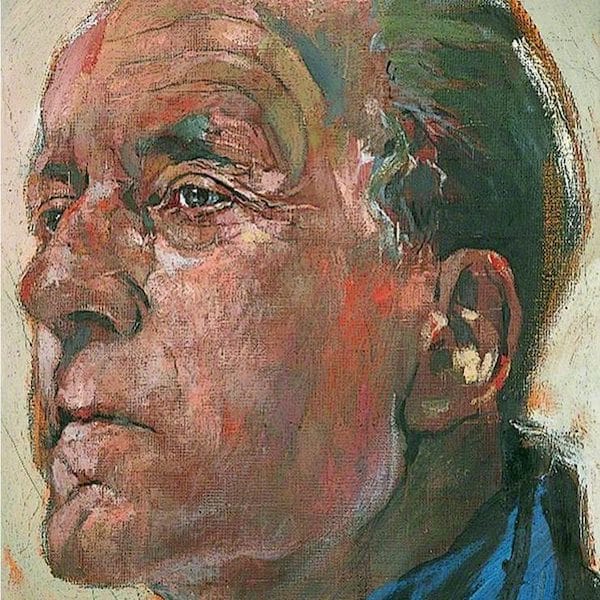
Since then other pieces have been commissioned as St Matthew's once again looks to further restore its famous tradition.
In 2009, and to celebrate the centenary of the birth of Walter Hussey, David Bednall wrote The Walter Hussey Centenary Mass.
This is a challenging work for choir and organ, with some congregational participation. He also provided an introit for the
choir Aspire to God, my soul which calls to mind St Matthew's history of commissioning new works of music and art.
After Stephen Moore's arrival at St Matthew's in 2011, further commissions have been made. On St Matthew's Day 2012 the choir
gave the first performance of Paul Mealor's How beautiful on the mountains. Mealor had shot to fame through his Ubi caritas which
was sung at the Wedding of the Duke and Duchess of Cambridge in 2011. His work for St Matthew's is highly reflective and employs
certain 'effects' in the three lower parts to accompany a beautiful melody.
In 2013 St Matthew's celebrated the church's 120th Anniversary with a weekend festival of events. On 21 September the choir
gave two performances of David Halls' short, vibrant, introit This is the Day. On 22 September, at Mass to celebrate the
120th Dedication Festival, the choir and congregation joined to sing Halls' Mass of the Altar of Life. At a concert on the
evening of St Matthew's Day the church choir and the St Matthew's Singers gave performances of Rejoice in the Lamb and Lo,
the full, final sacrifice to a full church. Malcolm Archer, who has become involved with the music here at St Matthew's
through is Patronage of the Friends of St Matthew's Music, attended to direct the choirs and was so impressed he dedicated
a Christmas Carol he had recently written to the choir.
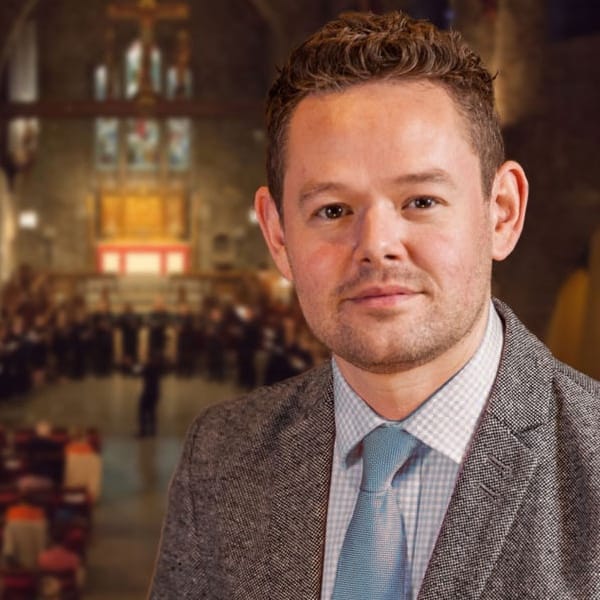
On St Matthew's Day 2014 the choir gave the first performance of O how glorious is the kingdom by Philip Stopford. The work
resonates with Walter Hussey's desire to commission a new work of music from a young, up-and-coming composer. 2015 saw the
premiere of Simon Johnson's Behold the tabernacle of God, which was first sung by the combined choirs of St Matthew's, All Saints',
and St John the Baptist, Kingsthorpe. The festival weekend concluded with an organ recital given by Richard Pinel which included
the first performance of David Maw's chorale prelude, commissioned as part of the Orgelbüchlein Project.
James Whitbourn's Beatus vir was given its first performance in 2017, and it is quickly gaining
popularity thanks to James' links in America. Similarly, Grayston Ives' All people that on earth do dwell, the 2018 commission,
will undoubtably become a firm favourite of many choirs. Through works such as this it is hoped that choirs all over the world will
once again sing music which holds the dedication 'for the Choir of St Matthew's Church, Northampton.'
List of Commissioned Works

| Year | Composer / Title | Other Information | |
|---|---|---|---|
| 1943 |  |
Benjamin Britten Rejoice in the Lamb |
SATB choir and organ SATB soli |
| 1943 | 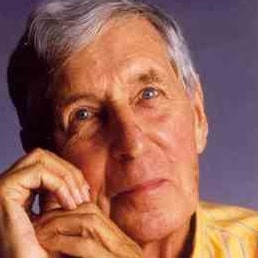 |
Michael Tippett Fanfare No.1 for 10 Brass Instruments |
Brass ensemble |
| 1944 | 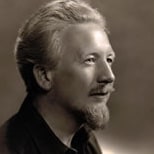 |
Edmund Rubbra The Revival |
SATB choir and organ |
| 1945 | 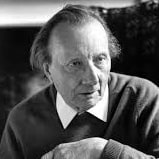 |
Lennox Berkeley Festival Anthem |
SATB choir, Soprano solo and organ |
| 1946 |  |
Gerald Finzi Lo, the full, final sacrifice |
SSAATTBB choir and organ |
| 1946 |  |
Benjamin Britten Prelude and Fugue on a Theme of Vittoria | Organ |
| 1948 | 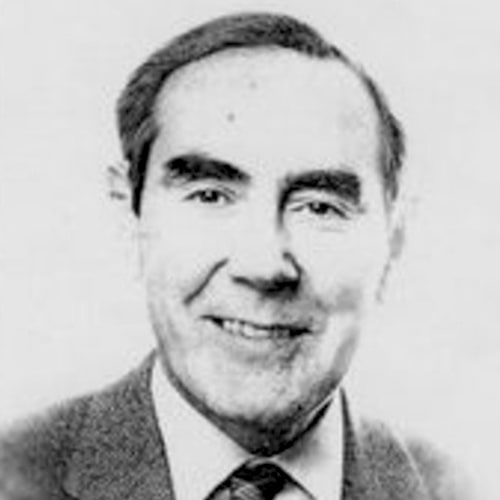 |
Christopher Headington Festival Anthem: Supreme Bliss |
Unknown |
| 1949 | John Rose Festival Hymn |
Unknown | |
| 1950 | 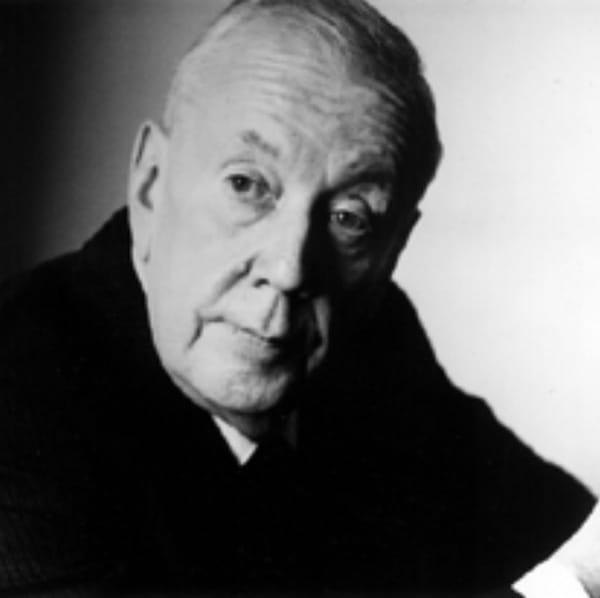 |
Malcolm Arnold Laudate Dominum |
SATB choir, baritone solo and organ |
| 1954 | James Butt Bless the Lord |
SATB choir | |
| 1956 | 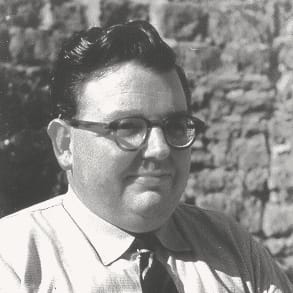 |
David Barlow Who shall ascend to the hill of the Lord |
SATB choir |
| 1958 | 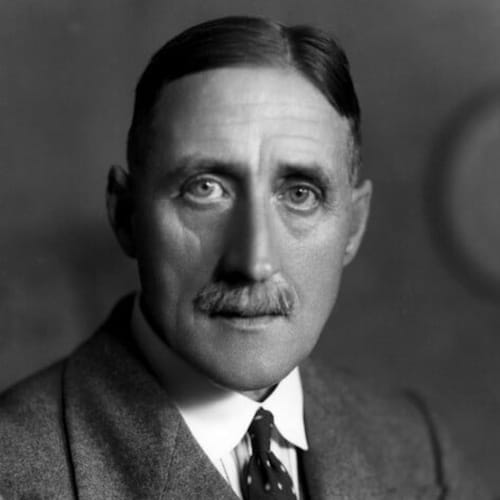 |
Sir George Dyson Hail universal Lord |
SATB choir and organ |
| 1959 | 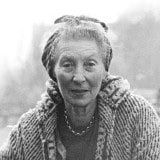 |
Elizabeth Poston Festal Te Deum |
SATB choir, organ and trumpet |
| 1960 | 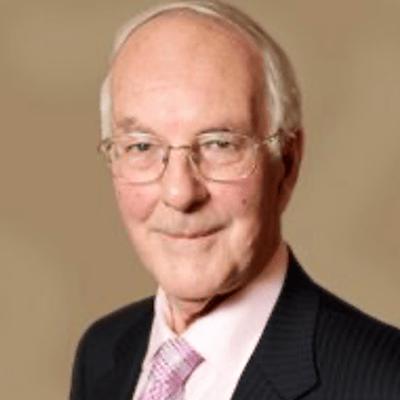 |
Peter Dickinson Justus Quidem Tu es, Domine |
SATB choir with baritone and treble soli and organ |
| 1962 | Brian Judge Ambrosian Prayer |
SATB choir with treble solo | |
| 1964 | Christopher Le Fleming Communion Service in D |
Unknown | |
| 1965 | 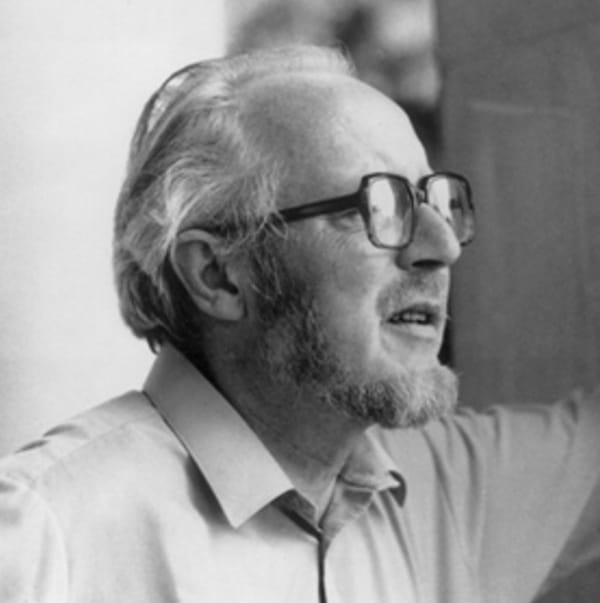 |
Kenneth Leighton Let all the world in every corner sing |
SATB choir and organ |
| 1966 | 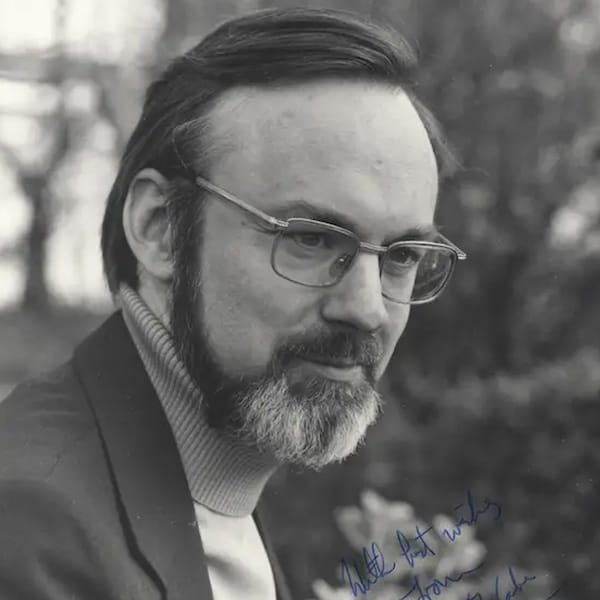 |
John McCabe A Hymne to God the Father |
SATB choir |
| 1967 | 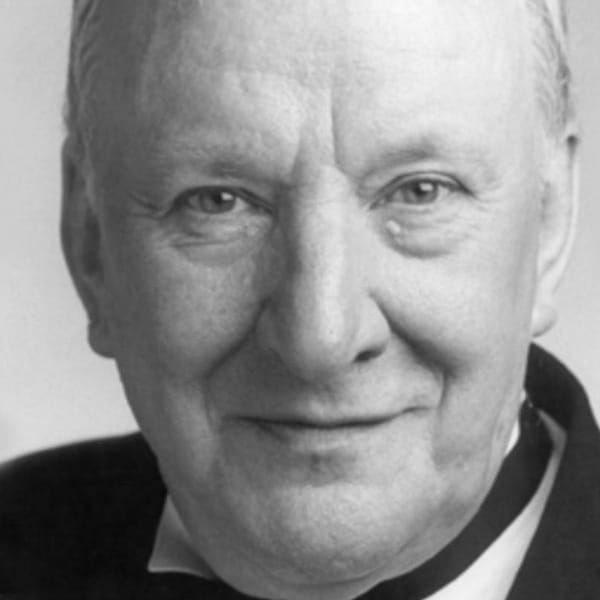 |
Richard Rodney Bennett Five Christmas Carols: There is no Rose, Out of your sleep, That younge child, Sweet was the song, Susanni |
SATB choir |
| 1968 | 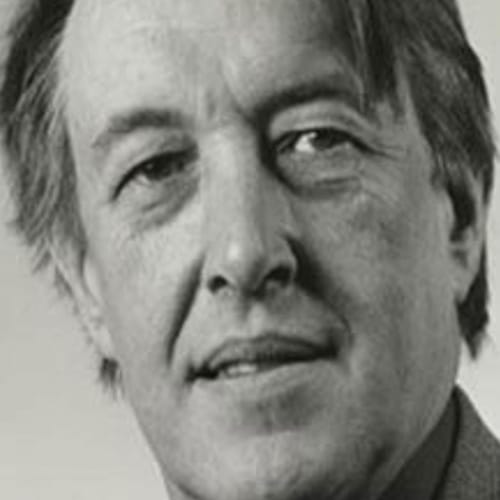 |
Gordon Crosse The Covenant of the Rainbow |
SATB choir, organ and two pianos |
| 1968 | 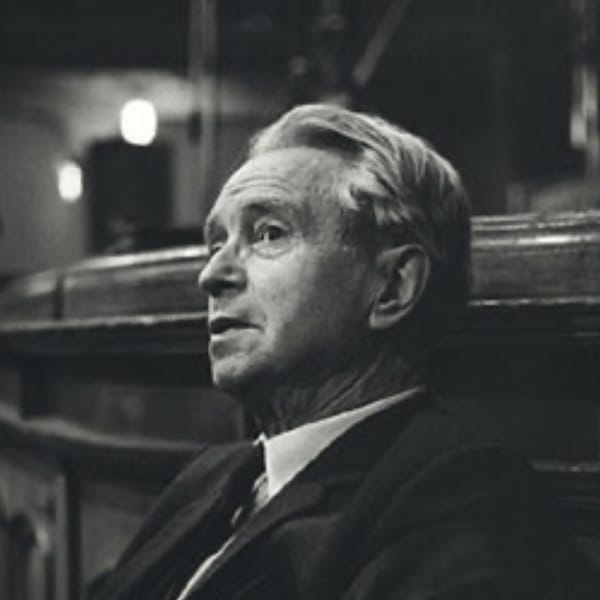 |
Herbert Howells One thing have I desired of the Lord |
SATB choir |
| 1973 | 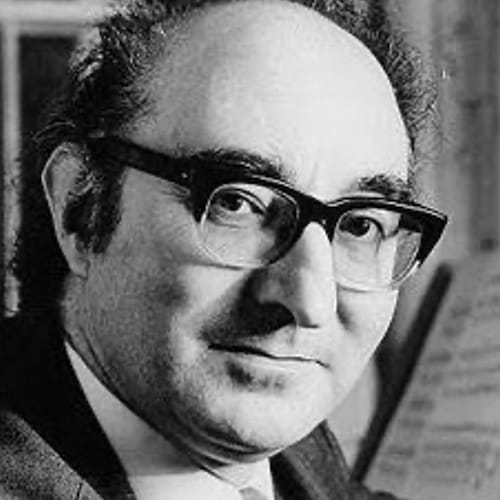 |
William Mathias Missa Brevis |
SATB choir with organ |
| 1977 | 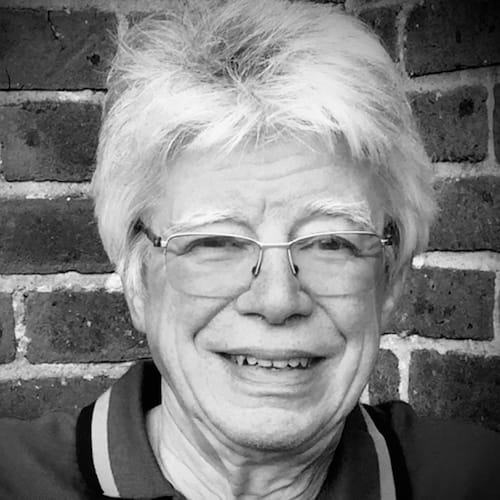 |
Sebastian Forbes Quam Dilecta |
SATB choir and organ |
| 1983 | 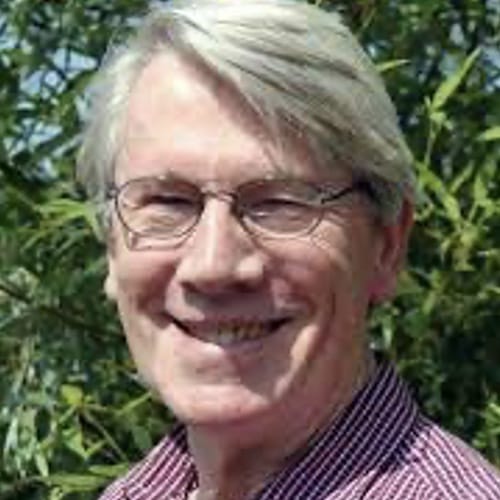 |
Philip Moore At the round earth's imagined corners |
SATB choir and organ |
| 1986 | 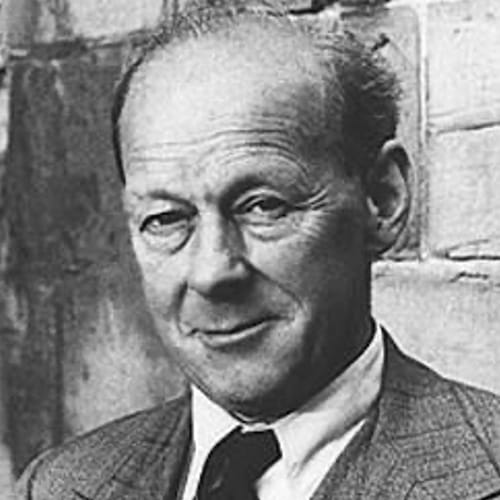 |
Herbert Sumsion The spacious firmament on high |
SATB choir and organ |
| 1987 | 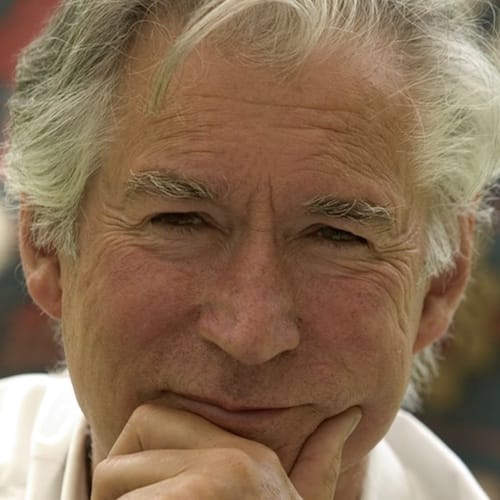 |
Geoffrey Burgon The song of the creatures |
SATB choir, soprano, countertenor and tenor soli and organ |
| 1988 |  |
John Tavener The Call |
SSSSAAAATTTTBBBB choir |
| 1988 | 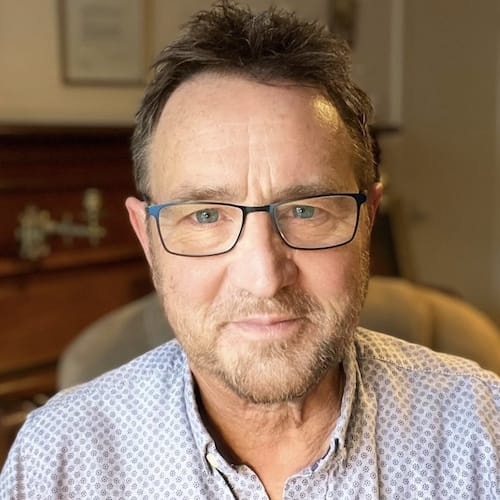 |
Simon Lole Morning Star (A Carol for Advent) |
SATB choir and organ; Optional oboe and triangle |
| 1989 | 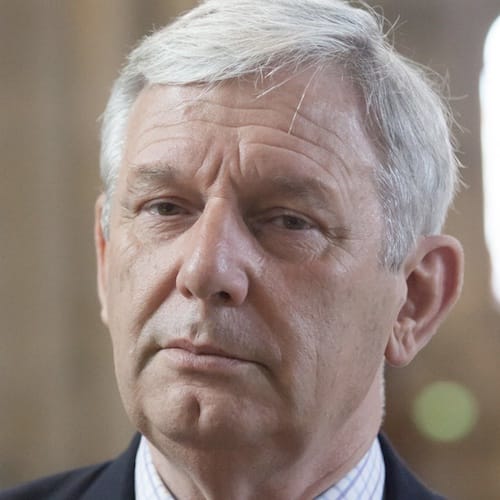 |
Richard Shepherd St Matthew's Mass |
SATB choir and organ; Optional trumpet and timpani |
| 1989 | 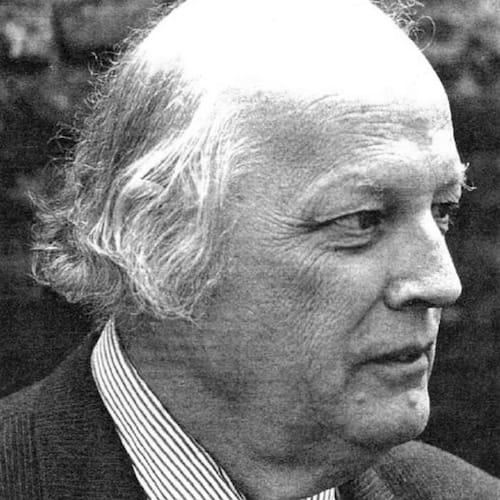 |
Alan Ridout Toccata |
Organ |
| 1989 | 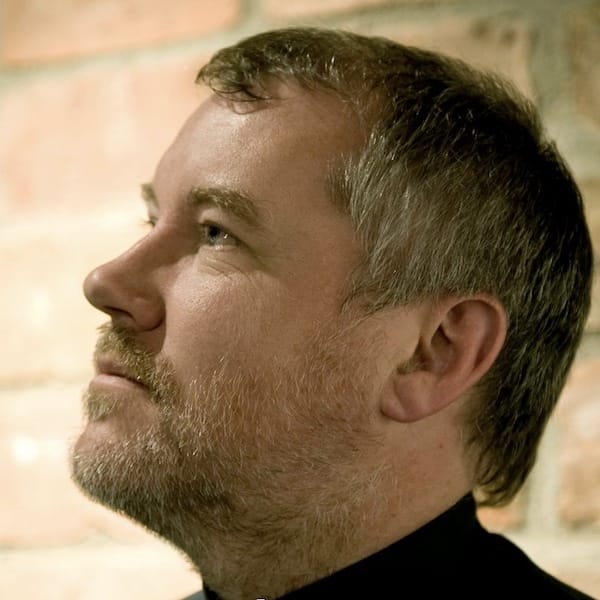 |
Ivan Moody Canticle of Simeon |
SSAATTBB choir |
| 1990 | Paul Edwards God that madest earth and heaven |
ATB choir and organ | |
| 1990 | Trevor Hold Verses from St Matthew (The Beatitudes) |
SATB choir | |
| 1991 | 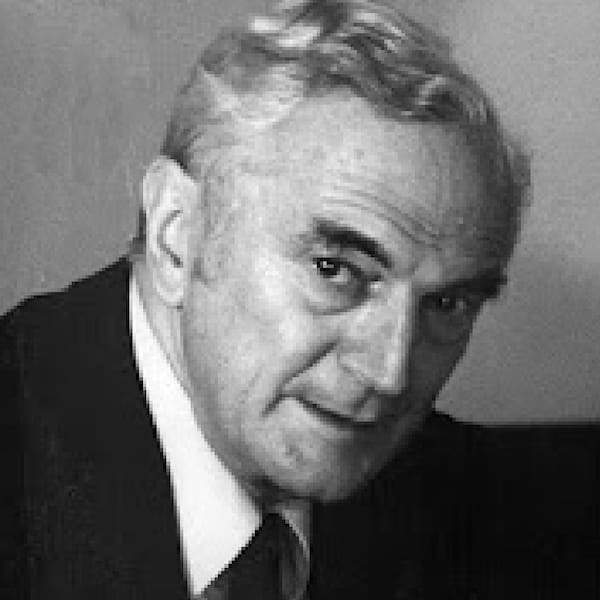 |
Alec Wyton Prayer for Church Musicians and Artists |
SATB choir |
| 1993 | 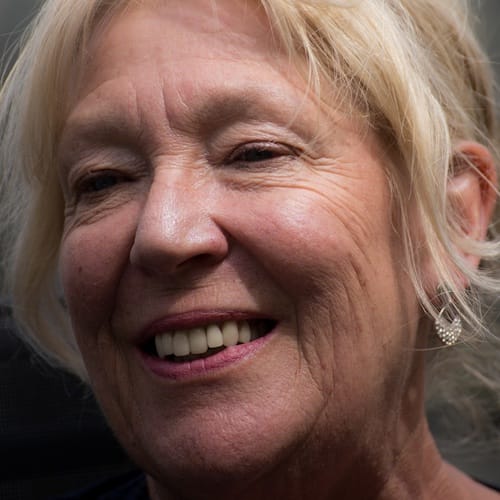 |
Diana Burrell Heil'ger Geist in's Himmels Throne |
SATB choir, organ and percussion |
| 2008 | 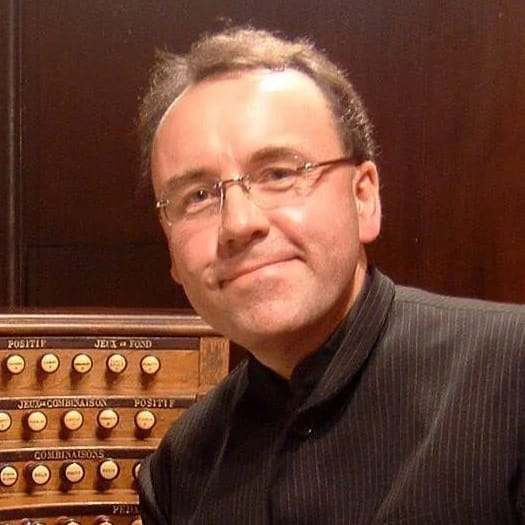 |
David Briggs Toccata for St Matthew Day |
Organ |
| 2009 | 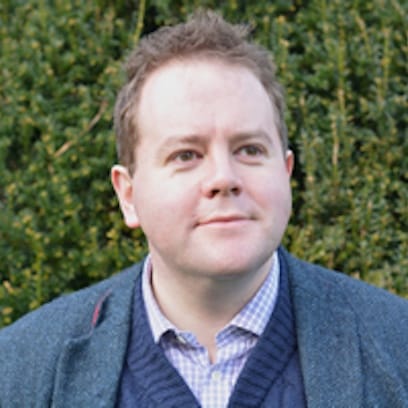 |
David Bednall The Walter Hussey Centenary Mass |
SATB choir and organ |
| 2009 |  |
David Bednall Aspire to God, my soul |
SATB choir |
| 2012 | 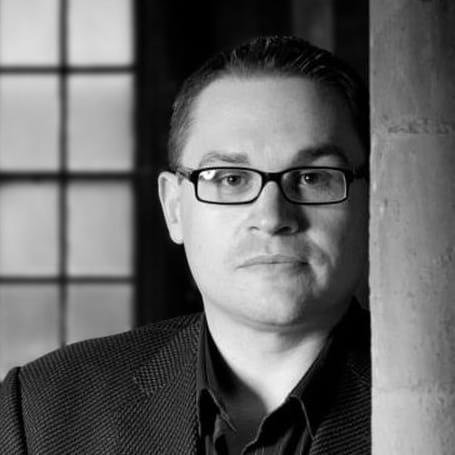 |
Paul Mealo How beautiful on the mountains |
SSAATTBB choir |
| 2013 | 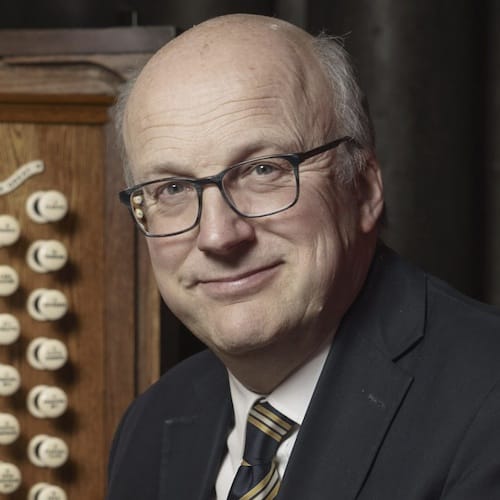 |
David Halls Mass of the Altar of Life |
SATB choir, congregation and organ |
| 2013 |  |
David Halls This is the Day |
SATB choir |
| 2014 | 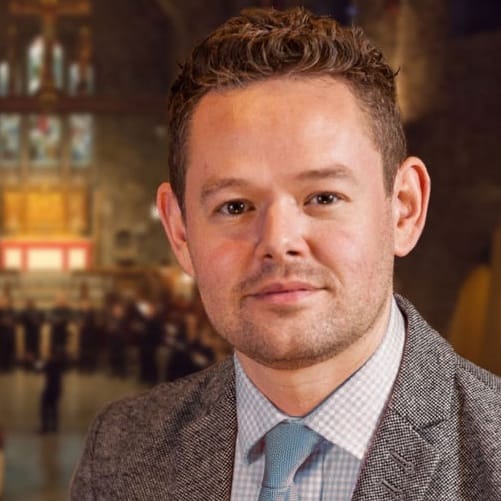 |
Philip Stopford O how glorious is the kingdom |
SATB choir and organ |
| 2016 | 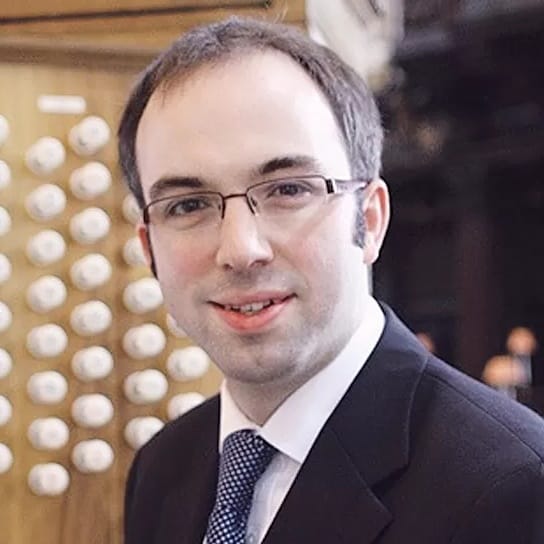 |
Simon Johnson Behold, the tabernacle of God |
SATB choir and organ |
| 2016 | 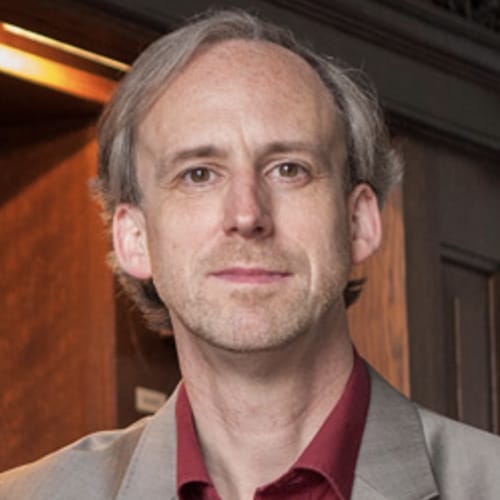 |
David Maw Allein nach dir, Herr |
Organ (part of the Orgelbüchlein Project) |
| 2017 | 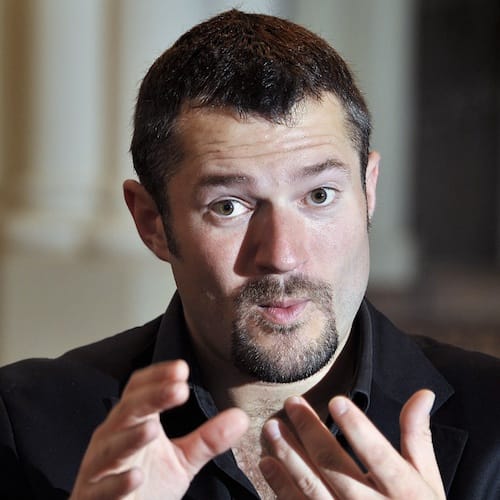 |
James Davey Introit for a Feast Day |
SATB choir and organ |
| 2017 | 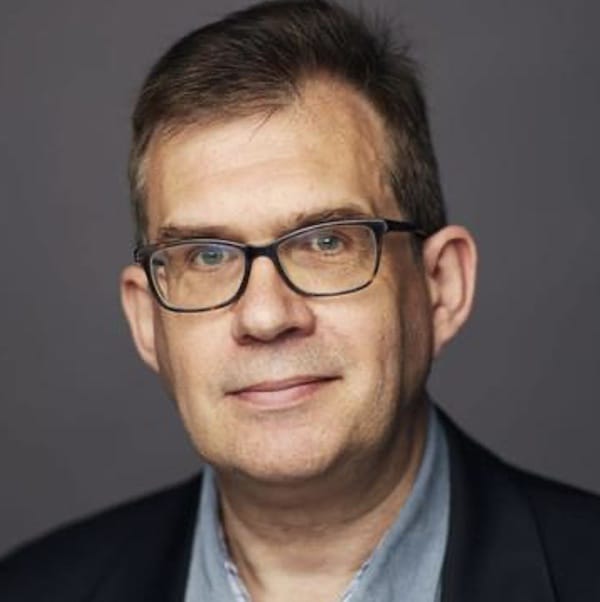 |
James Whitbourn Beatus vir |
SSAATBB choir |
| 2018 | 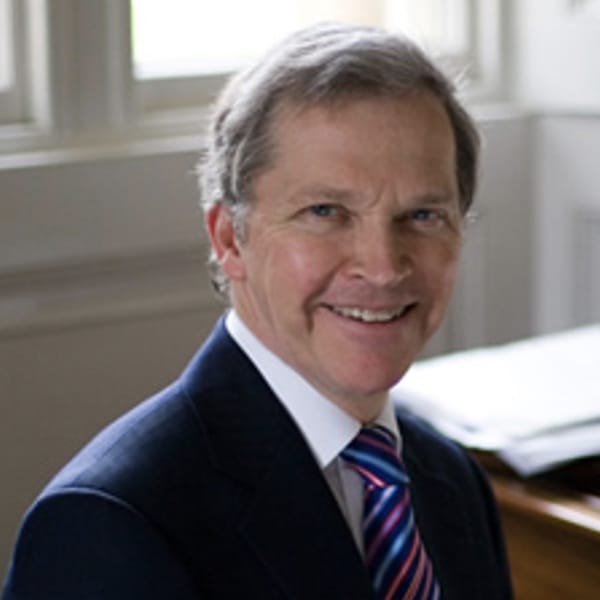 |
Grayston Ives All people that on earth do dwell |
SATB choir and organ |
| 2020 |  |
Robert Walker A Little Organ Mass of the Angels |
Cantor and organ with optional chorus |
Information Quick Links
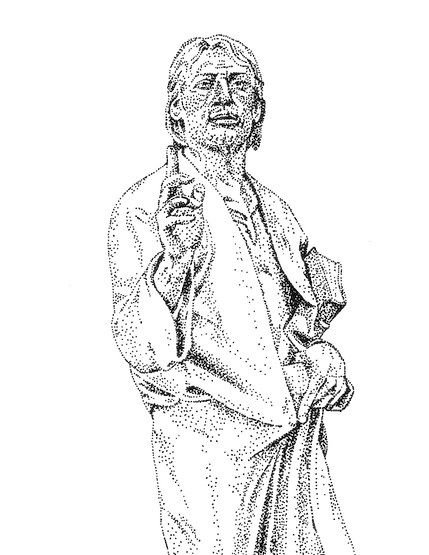


Join our Mailing List
To receive our email newsletter regarding the latest news and upcoming events at St Matthew's, kindly provide us with your name and email address below. By opting in and subscribing, you'll stay informed about our community, special services, insightful articles, and other valuable content.
Connect with us
Please show your support by following and subscribing to our church and choir social media channels, where you can find inspiring content, updates on our events and services, live streamed services, and uplifting messages.




